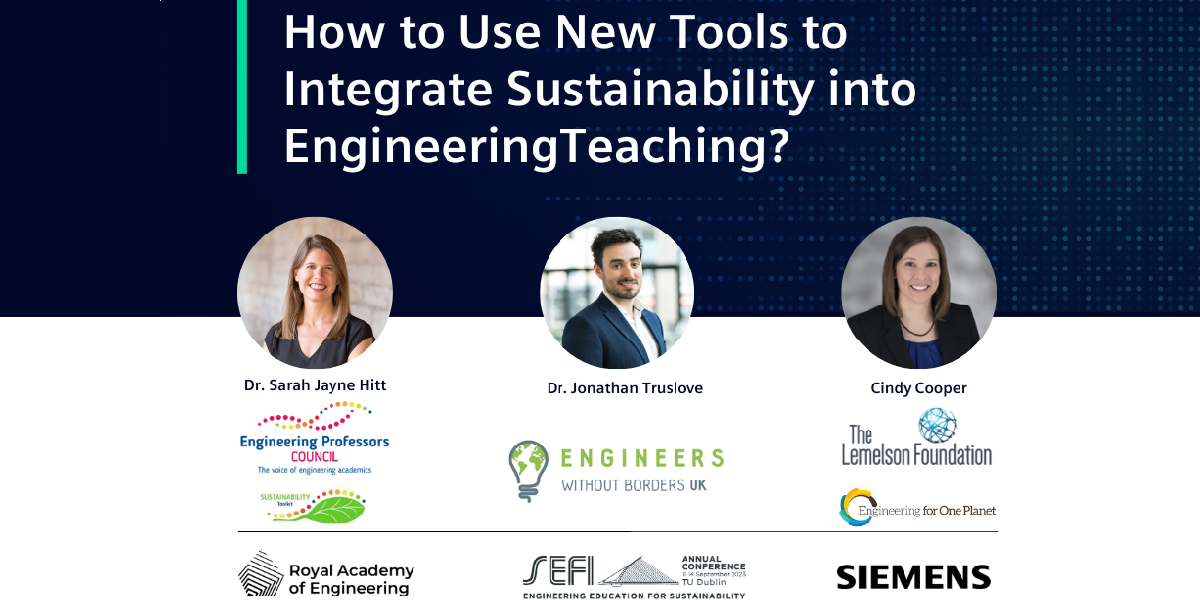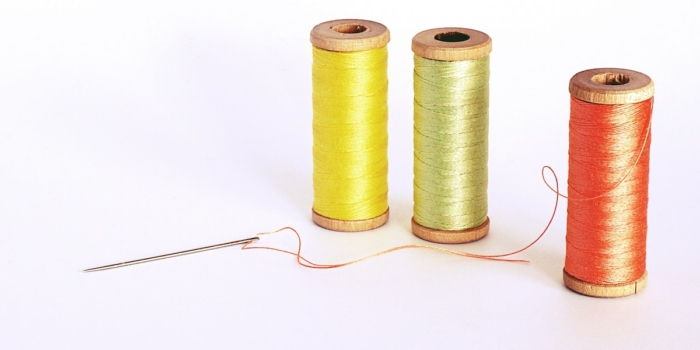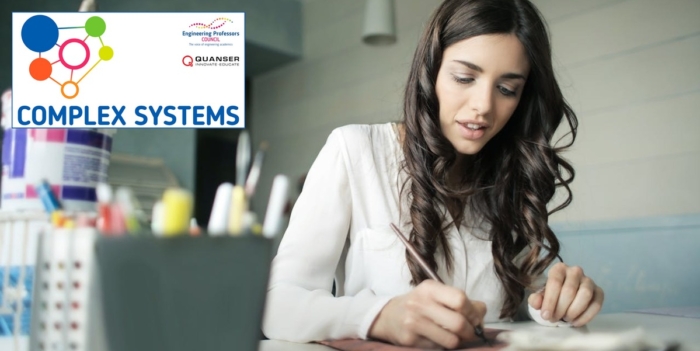The European Society for Engineering Education (SEFI)’s Annual Conference was held this year in Dublin under the theme “Sustainability in Engineering Education.”
The UK’s Engineering Professors’ Council were present with two key partners to deliver a fascinating workshop on this year’s theme, “How to Use New Tools to Integrate Sustainability into Engineering Teaching?”.
Siemens was delighted to see many of the Siemens Skills for Sustainability Network members during the conference, which had the strongest attendance in the history of the event. Given Siemens’ partnership with the Engineering Professors Council (EPC) for the Sustainability Toolkit, they are thrilled to bring you insights directly from the event.
How to Use New Tools to Integrate Sustainability into Engineering Teaching?
This workshop was designed to address the current situation — we see many educators who are enthusiastic about bringing sustainability into engineering education but lack the tools or practices they need to do so effectively. The workshop introduced several valuable tools and programs designed to help engineering educators quickly and effectively integrate the sustainability knowledge, skills, and mindsets that both students and employers are demanding and that are essential to the globally responsible practices society needs today. We heard from experts at three different organizations which are strongly engaged to make this happen.
- Sarah Jayne Hitt, Project Manager at the Engineering Professors’ Council, shared more about the EPC Sustainability Toolkit, which is being developed together with Siemens and the Royal Academy of Engineering. The aim of the toolkit is to provide an essential global resource for engineering educators to ensure graduates are fully equipped to take on sustainability challenges.
- Jonathan Truslove, Education and Skills Lead at Engineers Without Borders UK, presented the Global Responsibility Reimagined Degree Map, which has been co-created with the Royal Academy of Engineering and endorsed by the Engineering Council. This tool is designed to support universities who are mapping the changes needed to keep degrees relevant to the challenges of our age. Its mission is to ensure that the next generation of engineers is motivated and equipped to participate in the urgent transition to net zero and beyond. The Map is currently in development, with 50+ changemakers from universities across the UK currently reviewing the tool in a Systems Change Lab (running to March 2024). If you would like to support this important work, head to the Engineers Without Borders UK website to learn more and sign up to the upcoming workshops.
- Cindy Cooper, representing The Lemelson Foundation, presented the Engineering for One Planet (EOP) Framework, and two companion teaching guides, co-created by hundreds of engineering education stakeholders. This initiative aims to transform engineering education so all engineers are equipped to design, build, and create in environmentally and socially sustainable ways.




